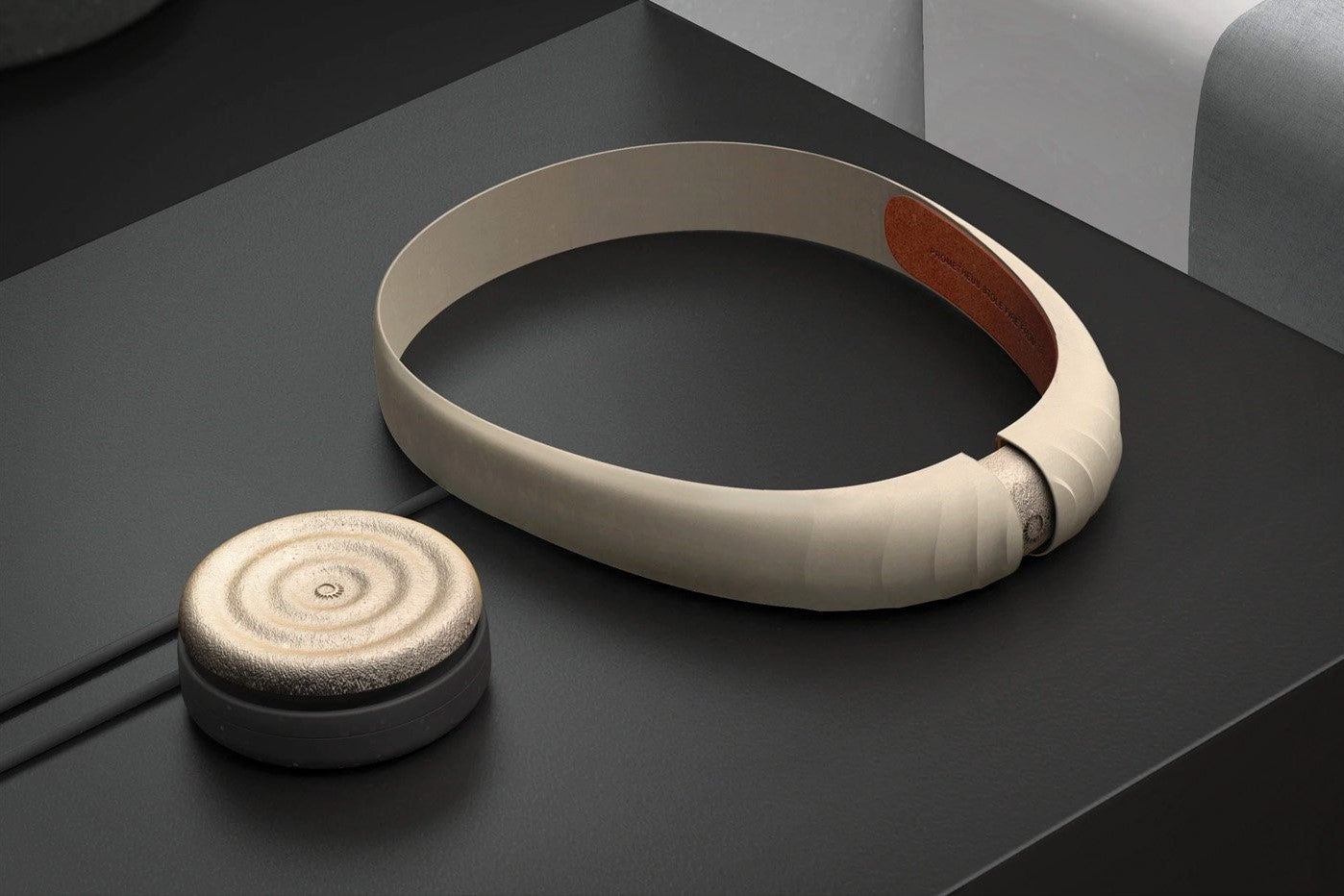Lucid dream startup says people can work in their sleep
Prophetic’s Halo device could help workers practise demos or perform creative problem solving, its creator says

A US startup has said its headband device could allow people to work while sleeping.
Prophetic’s Halo device is designed to induce lucid dreaming, whereby the wearer becomes aware that they are asleep and are able to control the experience.
Prophetic describes the Halo as a “non-invasive neurostimulation device” that offers “the ultimate sandbox for divergent problem solving”. The only limiting factor, the company claims, is the wearer’s imagination.
It aims to use focussed ultrasound signals to activate the dreaming state, which company founder Eric Wollberg claims could then allow workers the chance to practise demos or perform creative problem solving for difficult tasks.
“In lucid dreams, you are freed from conventional laws of physics: gravity, conservation of energy, conservation of mass,” the startup’s website states.
“There’s a reason why history’s luminaries in science, math, and art credit their lucid dreams for their most pivotal discoveries.”
![EEG differences in brain activity in the WEC state and REM sleep, compared with brain activity during lucid dreaming [Click to expand]](https://static.independent.co.uk/s3fs-public/thumbnails/image/2021/01/19/11/lucid-dreaming-brain-activity.jpg)
The company has already raised more than $1 million to develop the headband and is reportedly working with one of the designers of Elon Musk’s Neuralink device.
Neuroscientists estimate that around 70 per cent of people will experience lucid dreaming at least once in their lifetime, with recent research into the phenomena focussed on how to induce them.
In 2017, scientists from the University of Adelaide tested three techniques that could increase the chance of them occurring.
The first involves checking around your environment multiple times per day to see if you are dreaming, the second encourages people to set an alarm five hours after going to sleep and falling back asleep to encourage the REM stage of sleep, while the third requires people to repeat the phrase “the next time I’m dreaming, I will remember that I’m dreaming” to themselves.
The experiments found that 46 per cent of participants had lucid dreams when trying the third technique, proving that there are techniques that can improve the chance of lucid dreaming.
Prophetic is not the first startup to promise the ability to have lucid dreams, however none are yet to deliver a product that can consistently deliver the experience to consumers.
Prophetic’s Halo device is expected to cost between $1,500 (£1,180) and $2,000 when it launches in 2025, according to Fortune magazine, with customers able to reserve one with a $100 deposit.
Join our commenting forum
Join thought-provoking conversations, follow other Independent readers and see their replies
Comments
Bookmark popover
Removed from bookmarks